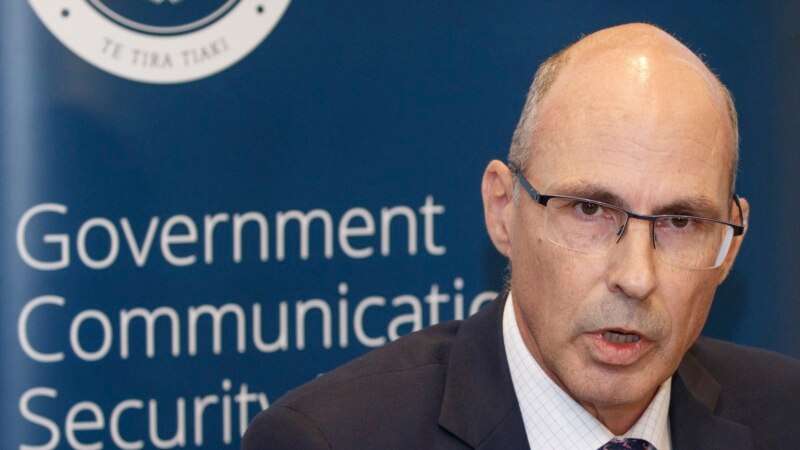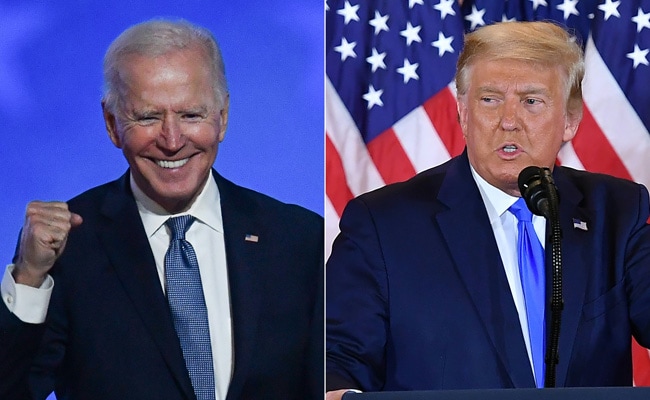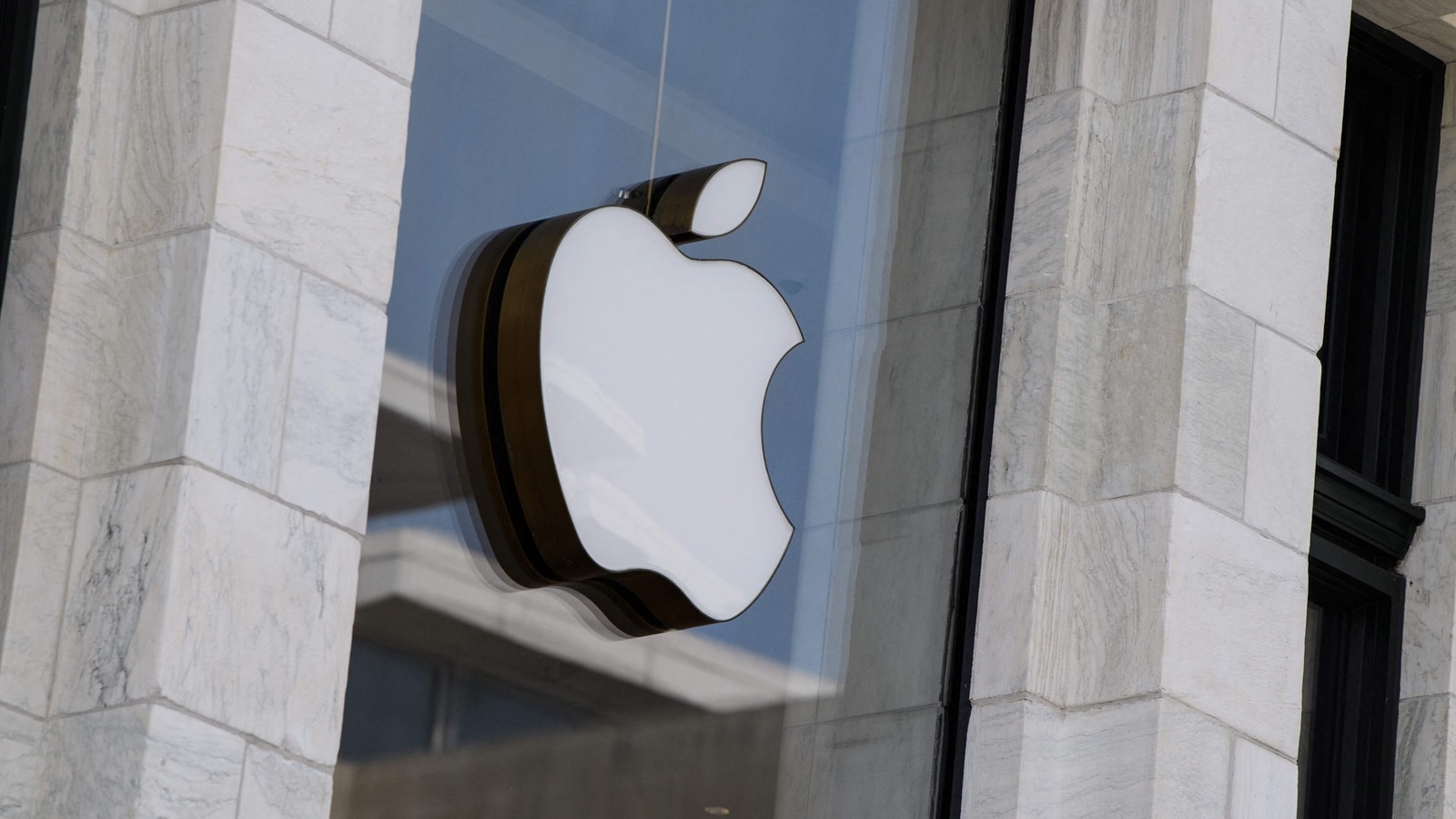
New Zealand said on Tuesday that a Chinese state-backed hacking campaign would target the New Zealand parliament in 2021. The accusation comes a day after the United States and Britain took action against an attack by a China-backed hacking group.
New Zealand’s Government Communications Security Bureau (GCSB) said malicious cyber activity targeting the country’s parliament was linked to the Advanced Persistent Threat 40 group, which the GCSB said has links to China’s Ministry of State Security.
“The use of cyber espionage to interfere with democratic institutions and processes anywhere is unacceptable,” GCSB minister responsible Judith Collins said in a statement.
The Chinese Embassy in Wellington dismissed New Zealand’s accusations as “baseless and irresponsible”.
“We have never and will not interfere in the internal affairs of other countries, including New Zealand,” the embassy said in a statement.
U.S. and British authorities on Monday announced criminal charges and sanctions against seven hackers believed to live in China and have ties to the Chinese government.
The operation was carried out by a hacker group called Advanced Persistent Threat 31 (APT31), a large-scale operation backed by the Chinese government that targeted US officials, journalists, businesses, pro-democracy activists and UK election oversight mechanism.
The campaign began in 2010 and aims to surveil and intimidate high-level politicians and critics of the Chinese government. It also intends to collect trade secrets from U.S. companies.
“The United States is focused on stopping the dangerous and irresponsible behavior of malicious cyber actors and protecting our citizens and our Critical infrastructure.”
“Through our whole-of-government approach and in close coordination with our UK partners, the Treasury will continue to use our tools to expose these networks and protect against these threats.”
“The Department of Justice will not tolerate the Chinese government’s efforts to intimidate Americans who serve the public, silence dissidents protected by U.S. law, or steal from American businesses,” U.S. Attorney General Merrick Garland said in a statement.
He added, “This case is a reminder of the Chinese government’s willingness to target and intimidate critics.”
The UK government issued a related announcement imposing sanctions on two hackers for breaches that may have given them access to information on tens of millions of British voters, although some of this information was already in the public domain.
The British Foreign Office said on Monday that the hack of the electoral register “had no impact on the electoral process, did not affect any individual’s rights or opportunities to participate in the democratic process, nor affected electoral registration.”
British cybersecurity officials also said that APT31 hackers conducted “reconnaissance activities” targeting British MPs who criticized Beijing in 2021. One of those MPs was Iain Duncan Smith.
“Personally, for a while, I had a wolf warrior who was impersonating me using a fake email address and emailing various politicians around the world saying that I had given up my views and that I Basically a liar – all kinds of things to different people,” Smith told VOA.
“I know about this because I know some of them and they sent this email back to me and asked me, ‘Why are you emailing me claiming to be a liar?'” Smith explain.
Although parliamentary accounts were not successfully breached, prosecutors noted that hackers sent more than 10,000 emails posing as journalists and other figures. These emails contain malicious code that allows hackers to obtain the victim’s location, IP address, and device.
APT31 has previously been accused of targeting the presidential campaign ahead of the 2020 elections and the Finnish parliament’s information systems.
U.S. officials have been taking legal action against hackers linked to the Chinese state and have expressed concerns about possible interference in U.S. presidential politics. Although a 2021 intelligence assessment found no evidence of Chinese interference in the 2020 election, tensions over cybersecurity threats remain.
The recent indictments of the hackers do not change the conclusion of the assessment and do not raise accusations that the Chinese government is trying to influence the United States through hacking.
However, Assistant Attorney General Matthew Olsen, the Justice Department’s top national security official, said it does highlight the need for continued vigilance, especially as the 2024 election approaches.
“Today’s announcement underscores the need to remain vigilant about cybersecurity threats and the potential for cyber-driven foreign malicious influence activities, especially as we approach the 2024 election cycle,” Olson said.
The Chinese Embassy in London called these accusations “completely fabricated and malicious slander.” The Ministry of Foreign Affairs also warned countries to base their claims on evidence and not to smear other countries without factual evidence.
Information for this report was provided in part by The Associated Press and Reuters.
Follow us on Google news ,Twitter , and Join Whatsapp Group of thelocalreport.in
















